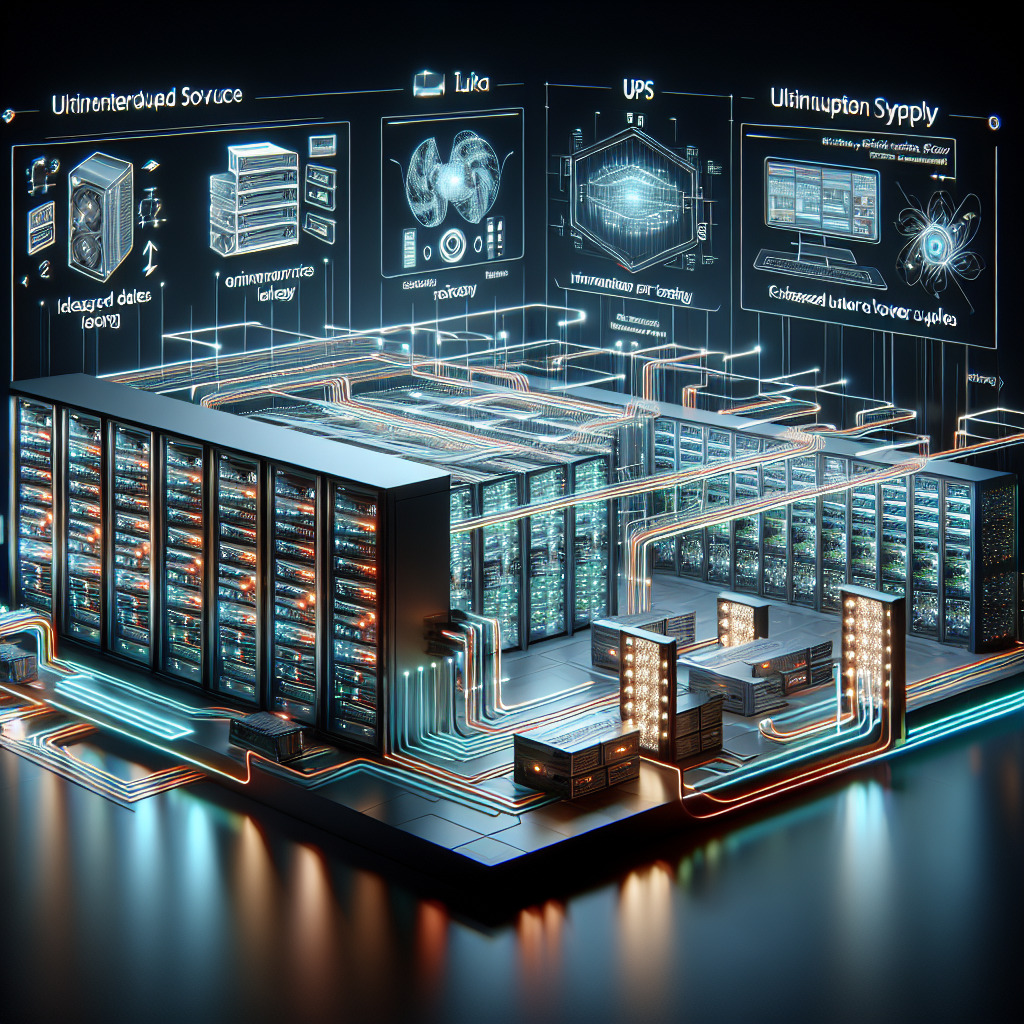Your cart is currently empty!
Future Trends in Data Center UPS Technology: What to Expect

As data centers continue to evolve and expand, the technology that powers them must also keep up with the growing demand for efficiency, reliability, and sustainability. Uninterruptible Power Supply (UPS) systems are a critical component of data center infrastructure, ensuring that critical systems remain online in the event of a power outage or disruption.
In recent years, advancements in UPS technology have focused on improving efficiency, increasing capacity, and reducing environmental impact. Looking ahead, we can expect to see even more innovative developments in UPS systems that will further enhance the performance and reliability of data centers.
One major trend in UPS technology that we can expect to see in the future is the adoption of lithium-ion batteries. These batteries offer several advantages over traditional lead-acid batteries, including longer lifespan, faster recharge times, and higher energy density. As data centers look to improve efficiency and reduce operational costs, lithium-ion batteries are becoming an increasingly attractive option for UPS systems.
Another trend to watch for in UPS technology is the integration of energy storage systems and renewable energy sources. By combining UPS systems with energy storage solutions such as battery banks or flywheels, data centers can reduce their reliance on grid power and increase their resilience to power outages. Additionally, incorporating renewable energy sources like solar or wind power into UPS systems can help data centers reduce their carbon footprint and operate more sustainably.
As data centers continue to scale up and consolidate their operations, modular UPS systems are also expected to become more prevalent. These systems allow data center operators to easily add or remove UPS capacity as needed, providing flexibility and scalability to meet changing demands. Modular UPS systems can also improve efficiency by allowing operators to operate only the necessary capacity, reducing energy waste.
In terms of monitoring and management, we can expect to see advancements in UPS technology that enable more proactive and predictive maintenance. By leveraging data analytics and machine learning algorithms, UPS systems can analyze performance data in real-time and identify potential issues before they escalate into major problems. This predictive maintenance approach can help data centers avoid costly downtime and ensure the continuous operation of critical systems.
Overall, the future of UPS technology in data centers looks promising, with advancements in efficiency, sustainability, and reliability driving innovation in the industry. As data centers continue to play a crucial role in supporting the digital economy, UPS systems will remain a key component of ensuring uninterrupted operations and maintaining the integrity of critical infrastructure. By staying abreast of emerging trends and technologies in UPS systems, data center operators can position themselves for success in the ever-evolving landscape of data center technology.

Leave a Reply